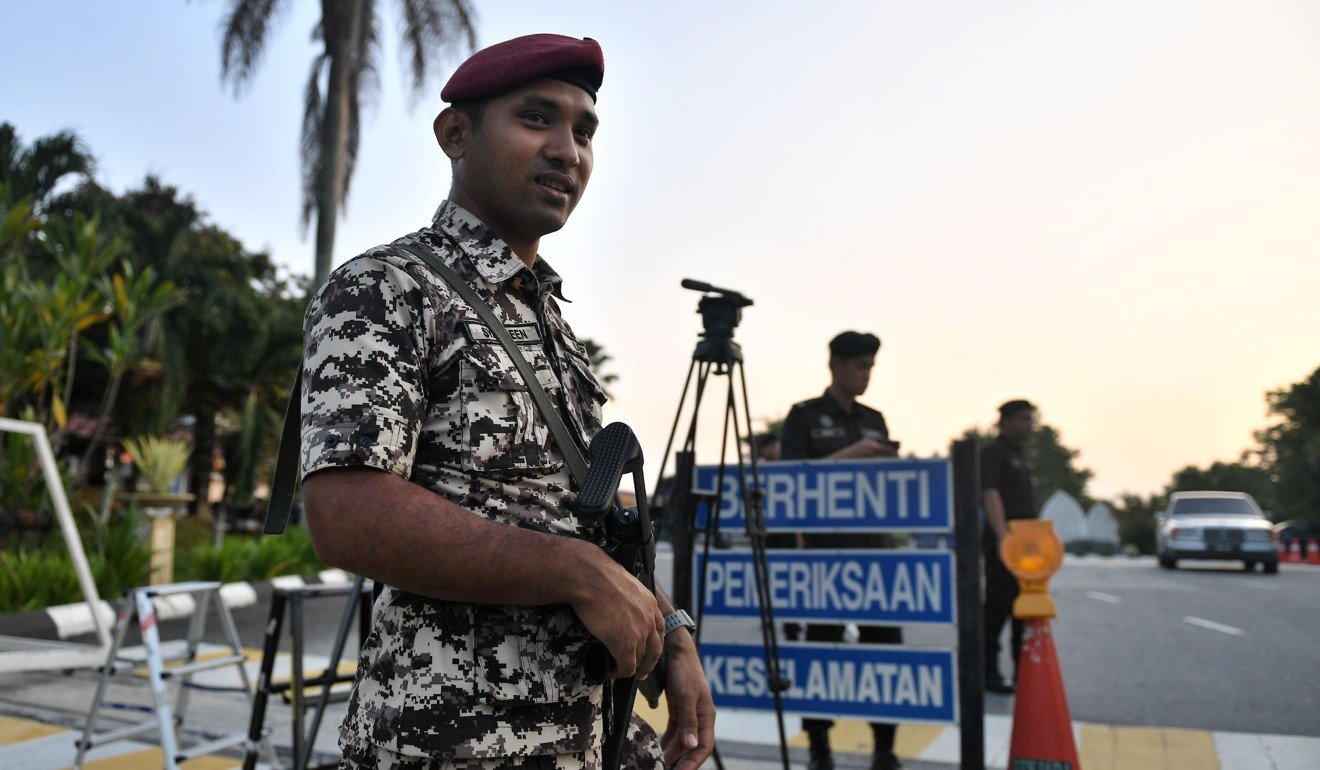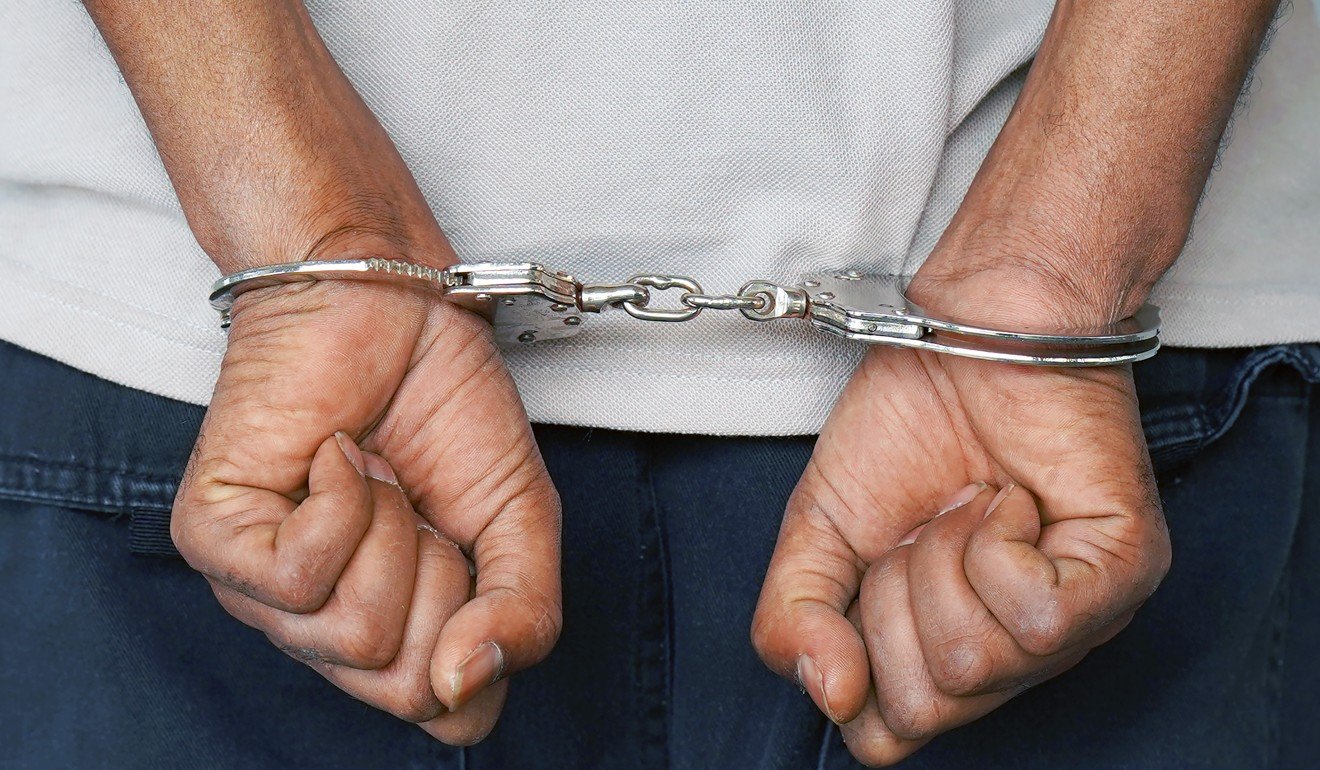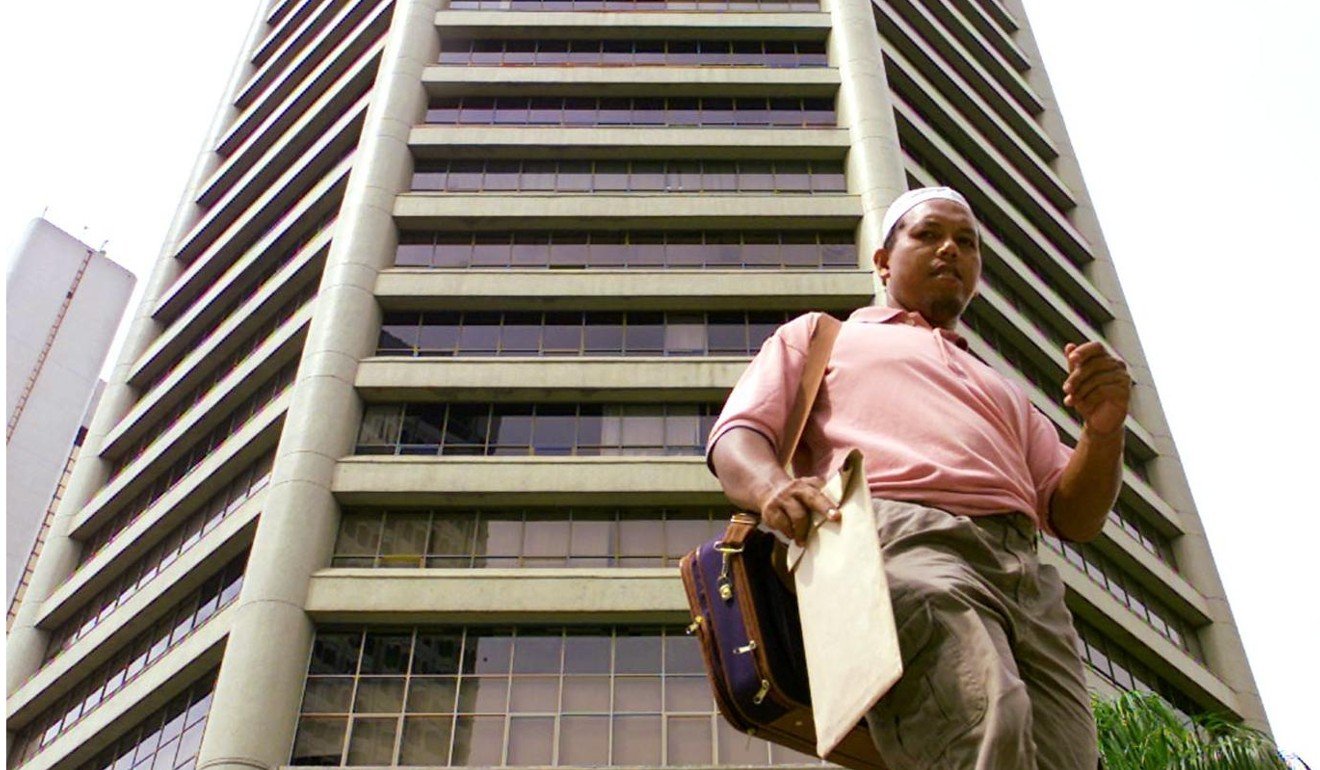
Law that allows Malaysian king to keep child offenders in jail indefinitely is unconstitutional, activists say
- Under the Child Act, minors found guilty of capital offences can serve a life sentence in place of the death penalty at the king’s discretion
- As Malaysia reforms its criminal justice system, laws such as this one will be reviewed, says the law minister, as the country eyes a lower incarceration rate
Under the Child Act, minors found guilty of capital offences, such as murder or drug trafficking, can serve a life sentence in place of the death penalty at the king’s discretion. This leaves child offenders living in perpetual uncertainty, critics say.
Often, minors have limited access to recourse beyond appealing through the Pardons Board, which has the power to commute a death sentence to life imprisonment, shorten a jail sentence, delay executions or even issue a full royal pardon at the discretion of the state’s monarch or governor.

“This is something the commission is taking an interest in,” said Jerald Joseph, commissioner of the Human Rights Commission of Malaysia (Suhakam). “Several cases have been forwarded to us by human rights groups, and we are approaching the Prisons Department for more information and official data. Have they been there for a long time? Have they had access to all available avenues of legal recourse? These are things we intend to look at.”
Joseph said the ambiguity of these indefinite “life sentences” could constitute a form of torture through what is known as the “death row phenomenon” – leaving minors not knowing when they will be released or how long their sentences will last.
“There are no statistics on how many children fall under this category, but we know there are over 5,000 children who have committed various offences,” said human rights lawyer Haijan Omar, adding that the executive branch of government “should not be able to sentence a person at their whims and fancy”.
Juvenile offenders detained at the discretion of the king, who is the head of state, are eligible to have their cases reviewed annually by a Board of Visiting Justices – but things move slowly in the prisons system, even if early release is recommended, Haijan said.
The system has failed these kids.
Child activist Hartini Zainudin said a high proportion of children detained at the pleasure of the king enter adulthood still behind bars, and when some are eventually released as adults, they face challenges reintegrating into society.
“In one case I worked on, a boy was released after 15 years – he was jailed at 14. He left prison with two sets of clothes and 300 ringgit (US$71.80) and had to learn basic life skills like taking the bus, applying for a job, even how to make friends. He studied hard in prison and has a degree in business, but had to learn how to pay bills,” Hartini said.

Although free education is provided in prison, child offenders have to pay for school supplies such as textbooks. In cases where the child is unable to rely on his or her family, the future struggle becomes more pronounced, Hartini said.
“Another case I saw involved a minor who was trafficked within Malaysia and put to work in a kitchen. He was unable to contact his family and became the target of verbal abuse,” she said. “An escape attempt went sour and he committed murder at 14. He told me he couldn’t remember what had happened; he just blacked out.”
Hartini said Malaysia’s obscure clause within its domestic law could be in violation of its international obligations under the Convention on the Rights of a Child, a United Nations treaty that protects minors. “The system has failed these kids,” she said.

Although the child rights treaty does not totally prohibit incarceration, minors cannot be held indeterminately, said Farah Nini Dusuki of University Malaya’s Faculty of Law.
Malaysia human trafficking court draws flak for few convictions in first year
Child offenders of capital offences often come from lower-income backgrounds or difficult family situations and so are not able to access proper legal recourse, lawyer Haijan said.
“In some of these cases, the children were unaware they can appeal and so did not have the opportunity to have their case heard by the higher courts. There is little access to legal representation, and they often rely on court-appointed counsel who may not pursue the matter to the end,” he said.
The phenomenon of children held at the pleasure of the king is a “grey area” in criminal justice, acknowledged Law Minister Liew Vui Keong.
“I will have to look into it. The Law Department is currently looking into the entire sentencing policy with regard to criminal offences,” said Liew, adding that the government’s “KPI” was to reduce the number of prisoners in Malaysia by way of raising awareness, community reform and reintegration programmes.
Prison overcrowding is an issue in Malaysia, where some jails house as many as 20,000 people over their maximum occupancy limit.
Children must be treated differently. They must be allowed to be children.
After landmark elections last year that saw a new government take power for the first time in over six decades, Malaysian lawmakers have set about a slew of policy and law reforms in an effort to bolster the nation’s human rights record, including repealing the mandatory death penalty attached to several capital offences and decriminalising some drugs.
Malaysian senator abandons bid to ban women ‘seducing’ men
Currently, a special committee is exploring alternatives to the death penalty, giving judges more discretionary power in sentencing.
But mindsets need changing too, said Suhakam commissioner Joseph.
“It will take time. Will people be compassionate enough to say a minor who committed murder at 15 or 16 is still a child?” he asked. “It requires a shift in mindset, but the fact remains that children must be treated differently. They must be allowed to be children.”
Connect with us on Twitter and Facebook.

